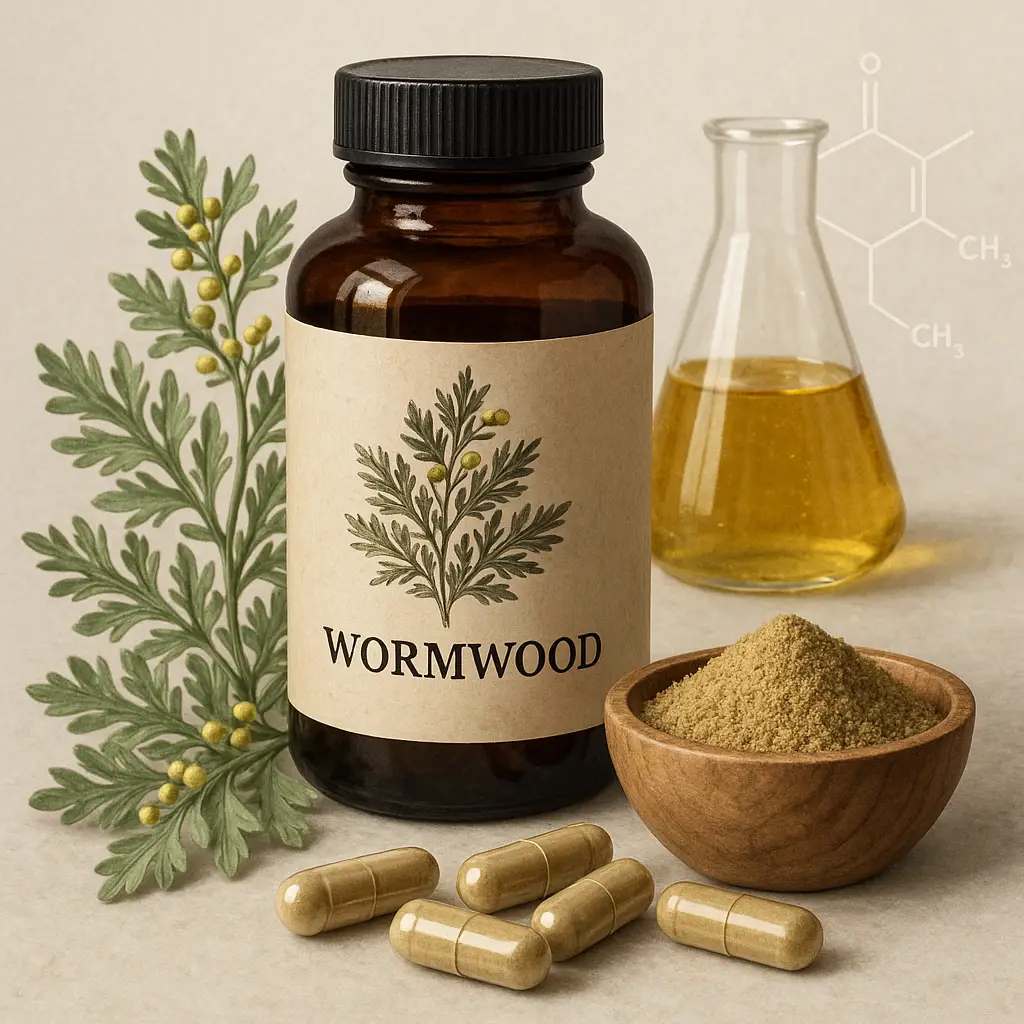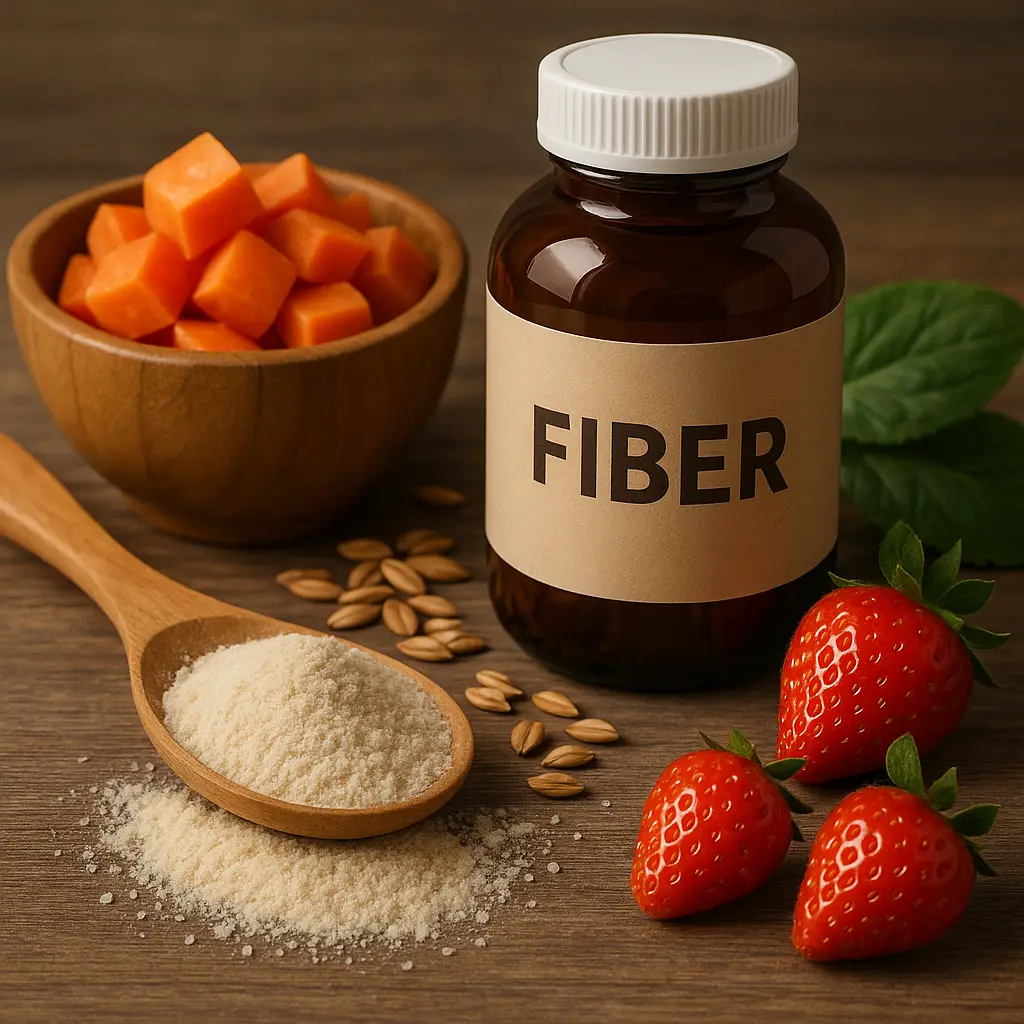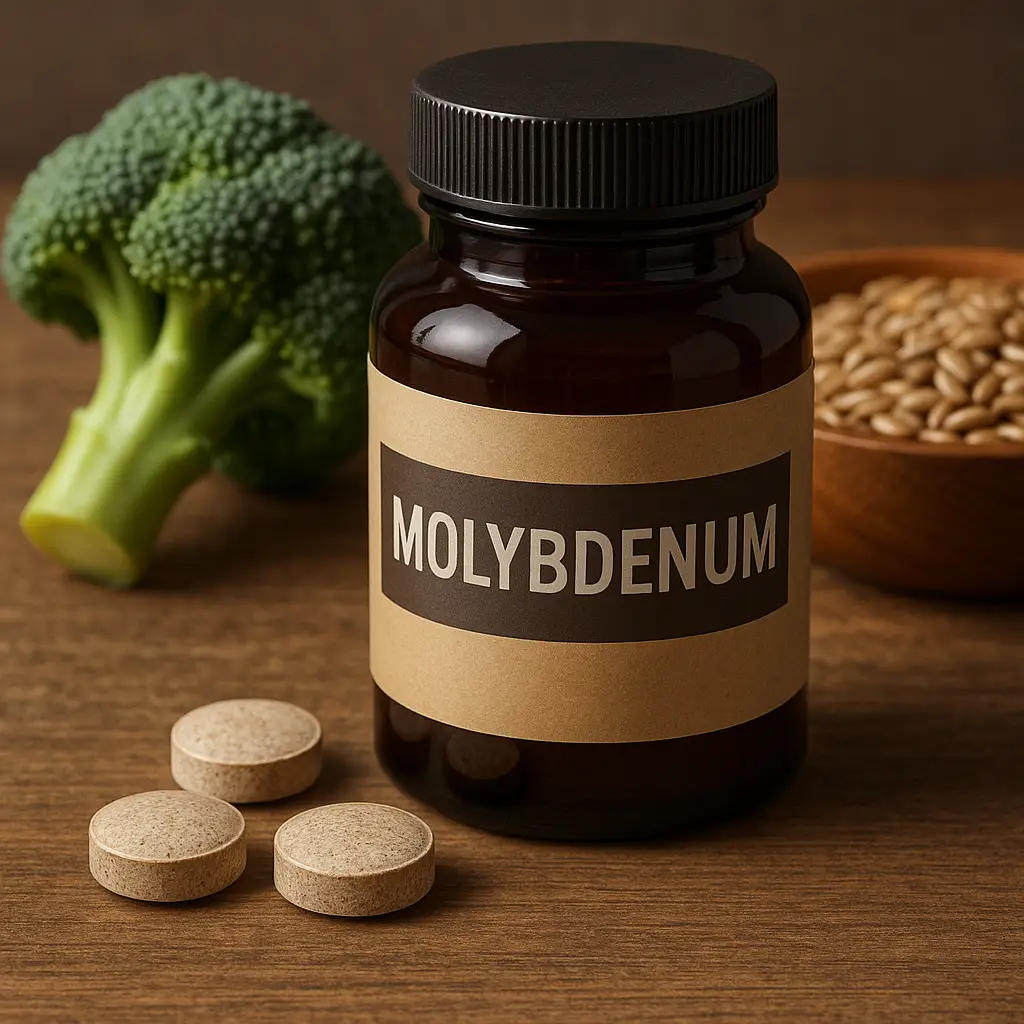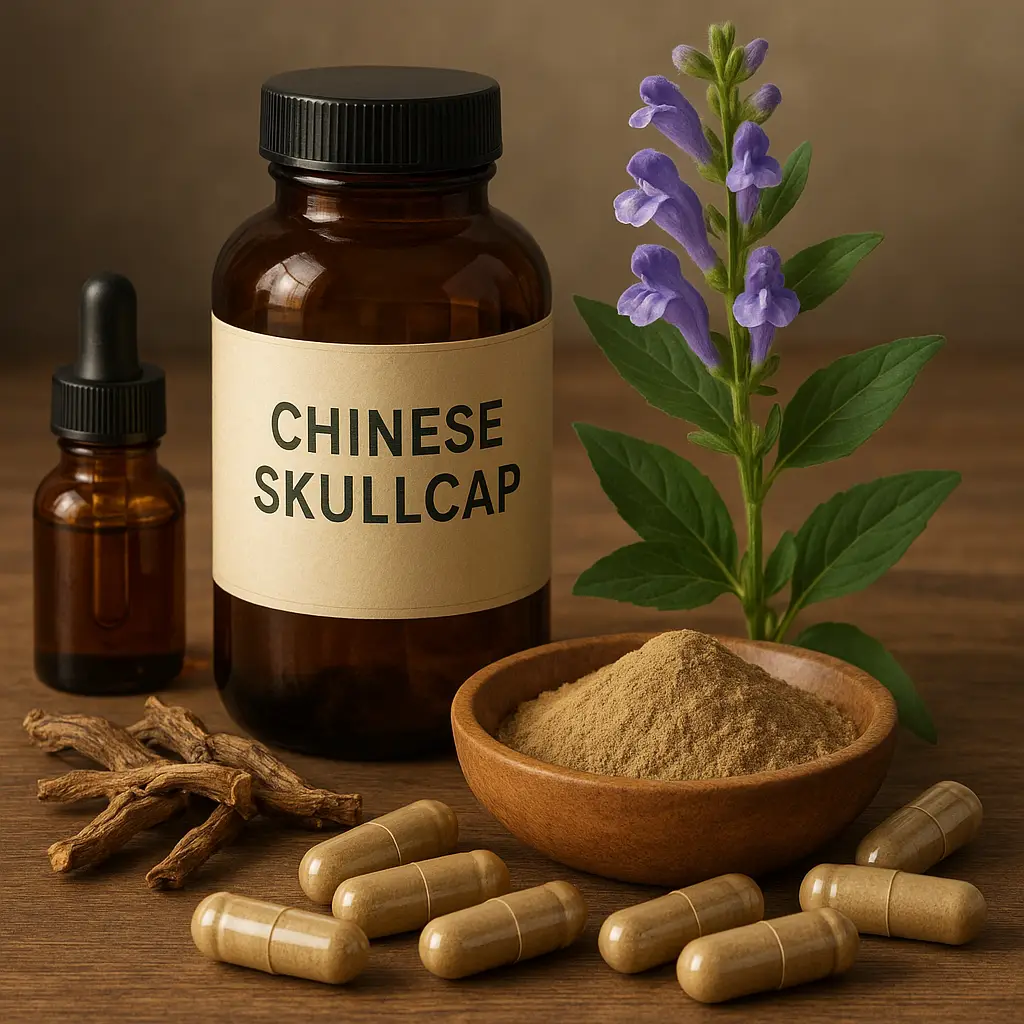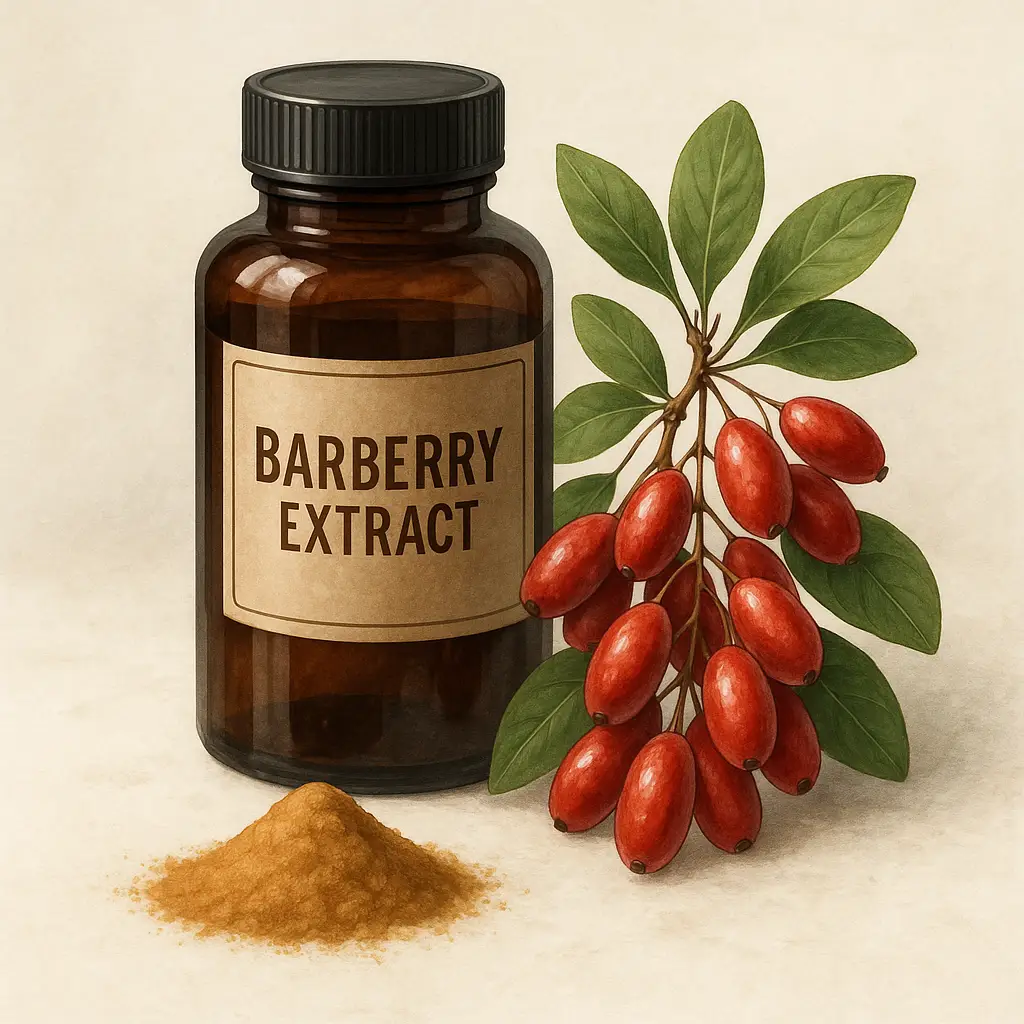Wormwood
What is Wormwood?
Wormwood, scientifically known as Artemisia absinthium , is a perennial herb that has been utilized for centuries in traditional medicine and beverages, particularly in the production of absinthe. Originating from Europe, this bitter-tasting plant is now found in various regions around the world, adapting well to different climates. Wormwood contains a variety of bioactive compounds, including thujone, flavonoids, and phenolic acids, which contribute to its unique properties. It is commonly recognized for its distinctive aroma and intense flavor, making it a staple in herbal remedies and culinary applications.
Benefits of Wormwood
- Digestive Health: Wormwood is traditionally used to stimulate appetite and alleviate digestive issues, including bloating and gas. Its bitter compounds may enhance the secretion of digestive enzymes.
- Anti-Parasitic Properties: Known for its effectiveness against intestinal worms and other parasites, wormwood has been used for centuries to eliminate these unwanted invaders.
- Anti-Inflammatory Effects: The flavonoids in wormwood possess anti-inflammatory properties, potentially helping in managing inflammation-related conditions.
- Antioxidant Activity: Wormwood is rich in antioxidants, which help combat oxidative stress and may protect against chronic diseases.
- Pain Relief: Some studies suggest that wormwood may help relieve pain, particularly in conditions such as arthritis.
Types or Forms Available of Wormwood
- Herbal Tinctures: Concentrated liquid extracts of wormwood that provide a potent source of its therapeutic compounds.
- Essential Oils: Extracts derived from the leaves and flowers, used in aromatherapy and topical applications.
- Dried Herb: Commonly used to make teas or added to herbal blends for digestive support.
- Capsules/Tablets: Convenient dosage forms for those who prefer supplementation in a more manageable way.
How to Use Wormwood
The recommended dosage of wormwood can vary based on the form used. For general digestive support, a common guideline is:
- Dried Herb: 1-2 teaspoons steeped in hot water for a tea, consumed 2-3 times daily.
- Herbal Tincture: 20-30 drops diluted in water, taken 2-3 times daily, under the guidance of a healthcare professional.
- Essential Oil: Should not be ingested; used aromatically or diluted for topical applications only.
Timing is also essential; taking wormwood before meals may enhance its digestive benefits.
Side Effects and Considerations of Wormwood
While wormwood has many benefits, it does come with potential side effects, including:
- Digestive upset or nausea if taken in high doses.
- Headaches or dizziness due to its thujone content.
- Allergic reactions in sensitive individuals.
Safety concerns arise particularly during pregnancy and breastfeeding, as well as for individuals with liver problems or seizures. It is crucial to consult a healthcare provider before using wormwood, especially in medicinal amounts.
Foods Rich in Wormwood
Wormwood itself is not commonly found in foods. However, it is often used as an ingredient in beverages like absinthe and certain herbal liqueurs. Its culinary uses are mostly limited to flavors in bitters and as a digestive aid rather than as a primary food source.
Common Myths About Wormwood
- "Wormwood is only for making absinthe." - While it is famous for this purpose, wormwood has a long history of medicinal use far beyond its role in alcohol production.
- "Wormwood is safe in any quantity." - False. Due to its thujone content, excessive consumption can lead to toxicity. Caution is essential.
- "You can use wormwood without any guidance." - Not recommended. Always consult with a healthcare provider, particularly for therapeutic use.
Conclusion
Wormwood is a powerful herb with a rich history in traditional medicine. Its benefits extend beyond its iconic role in absinthe, encompassing digestive health, anti-parasitic properties, and potential anti-inflammatory effects. However, due consideration of its side effects and dosage is essential for safe use. As with any supplement, consulting with a healthcare professional is advisable to ensure it aligns with your health goals.



